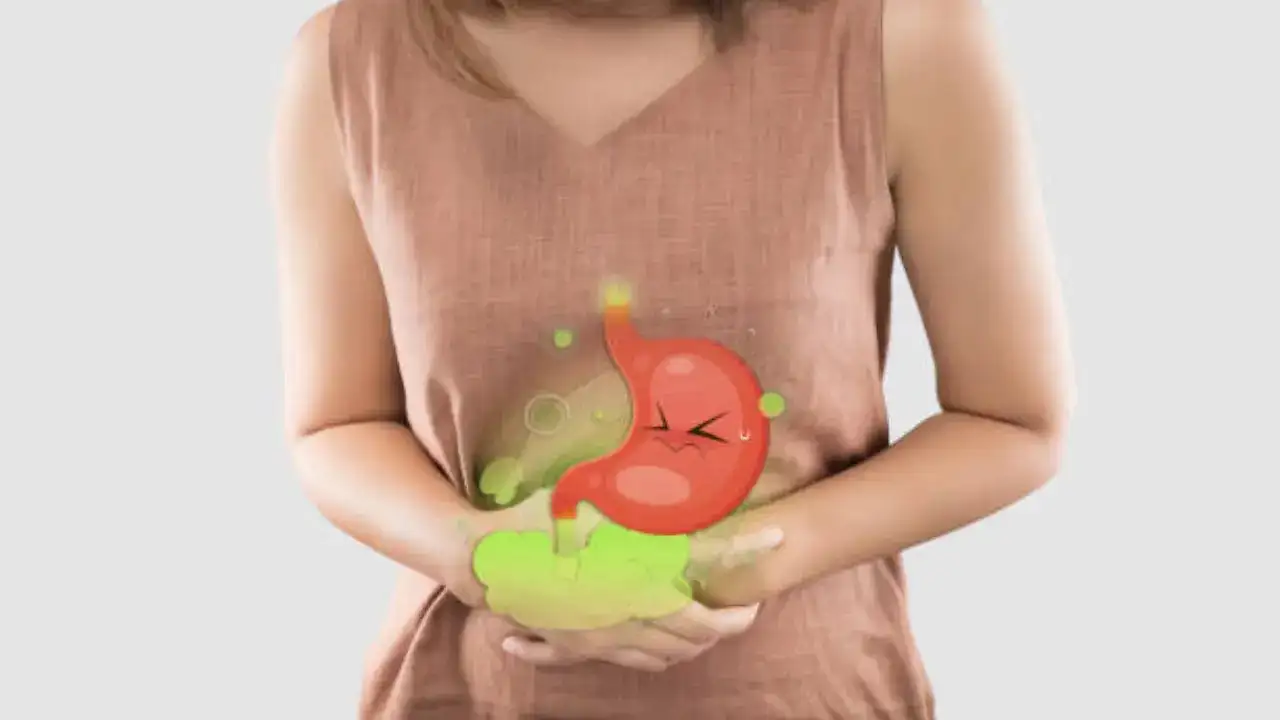
Doctors say normalizing chronic symptoms does lead to a delayed diagnosis of an underlying and serious condition like IBS
Having constant and chronic tummy issues is not good for long-term health. According to experts, frequent bouts of bloating, gas, and discomfort—which are often dismissed as harmless digestive issues—can sometimes give signals of serious health issues.
Doctors say normalising chronic symptoms does lead to a delayed diagnosis of an underlying and serious condition like IBS or inflammatory bowel syndrome. It is a chronic digestive disorder characterised by recurrent abdominal pain and altered bowel habits; however, it does not cause any visible damage or disease in the digestive tract.
According to doctors, most people who have undiagnosed IBS are at high risk of SIBO—or small intestinal bacterial overgrowth, a condition where excess or misplaced bacteria in the small intestine lead to GI symptoms including post-prandial bloating, distention, gas, abdominal pain, diarrhoea, and constipation.
While SIBO has been historically underrecognized due to limitations in medical training and diagnostic tools, microbial causes of IBS are now being studied extensively, and experts are trying to raise awareness of the issue.
How can you stop SIBO?
Doctors say those who are diagnosed with SIBO should follow the elemental diet as a treatment option. Even though it is a liquid-based, bland food, it is a scientifically-backed protocol that nourishes you while starving the unruly bacteria to reduce overgrowth.
An elemental diet is loaded with nutrients and designed to be easily digested and absorbed. It consists of amino acids, fats, carbohydrates, vitamins, and minerals, all broken down into their simplest forms. This diet is often used to help individuals with digestive issues, allergies, or who need a break from solid food. Since probiotics worsen IBS and SIBO, an elemental diet avoids foods that can add more bacteria to an already overpopulated intestine.
Ways to follow an elemental diet
According to experts, an elemental diet is extremely restrictive and can be challenging. And so, to stick to the diet successfully, doctors recommend that you:
Keep it cold
Blending the formula with ice, smoothie-style, makes it more palatable.
Sip it slowly
To prevent nausea, drink plenty of water between meals.
Make it portable
Have a temperature-controlled thermos to keep your formula in so you don’t get hungry when you’re out and about.
Stay busy
Distract yourself with fun, non-food-related activities and good company.
What causes IBS?
Even though experts do not know what exactly causes IBS, they classify it as a neurogastrointestinal or GI disorder. These conditions, also called disorders of the gut-brain interaction, have to do with problems with how your gut and brain coordinate to help your digestive system work. Communication challenges between your brain and gut can cause
Dysmotility
You may have problems with how your GI muscles contract and move food through your GI tract, causing contractions with severe pain and cramps.
Visceral hypersensitivity
You may have extra-sensitive nerves in your GI tract. People with IBS tend to have a lower pain tolerance than people without it.
Gut bacteria
According to studies, those with IBS have altered bacteria in their GI tract, which trigger most symptoms of the condition. The types and amounts of gut bacteria are different in people with IBS than in people without it.
Severe infections
Some people get diagnosed with IBS after a severe infection affecting their GI tract, suggesting germs may play a role.
Childhood stress
IBS is extremely common in those who experienced severe stressors in childhood, including physical, sexual, and emotional abuse.
Get Latest News Live on Times Now along with Breaking News and Top Headlines from Health and around the world.
